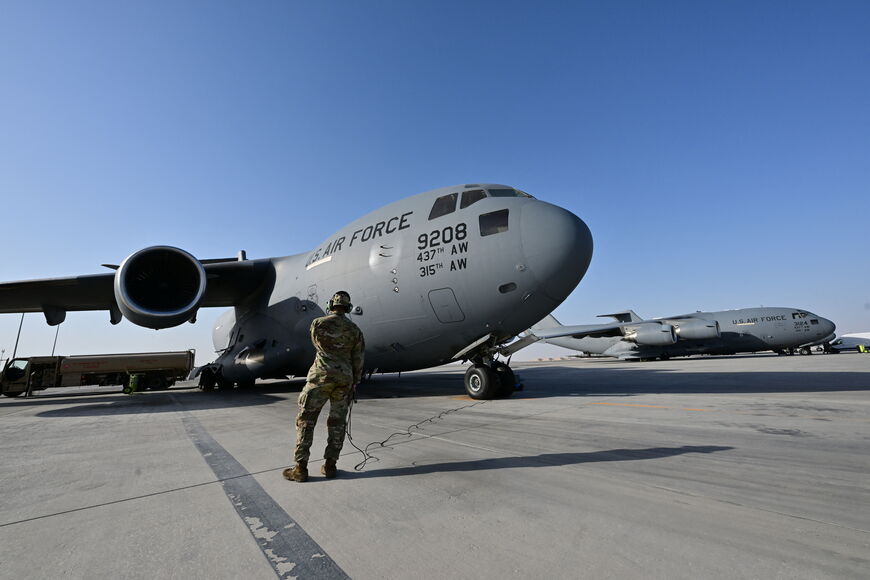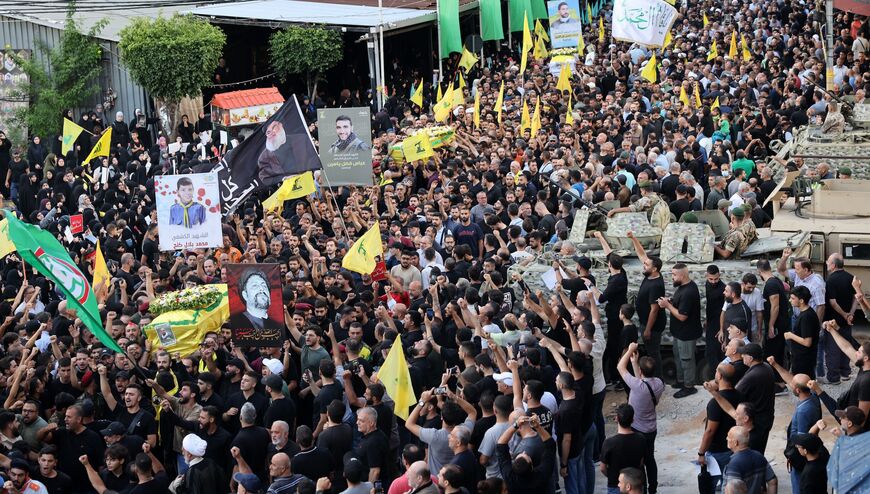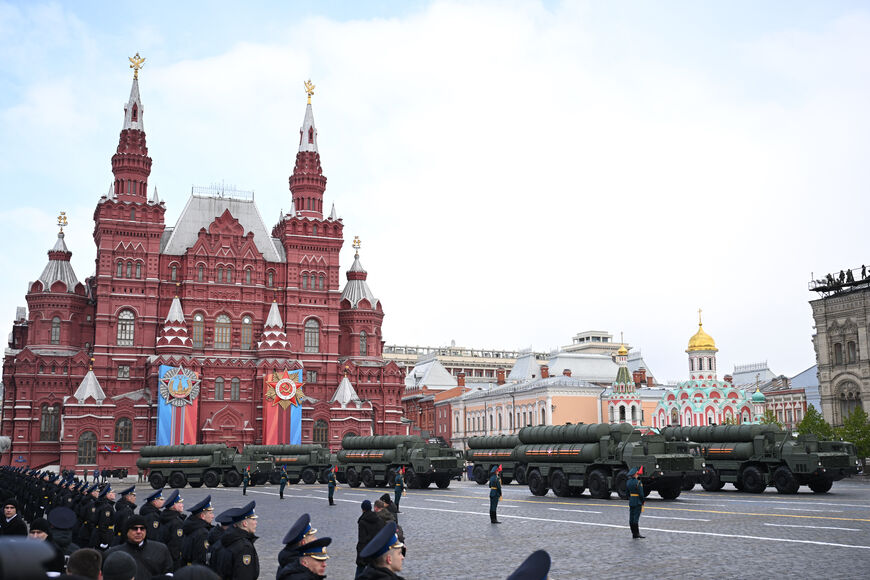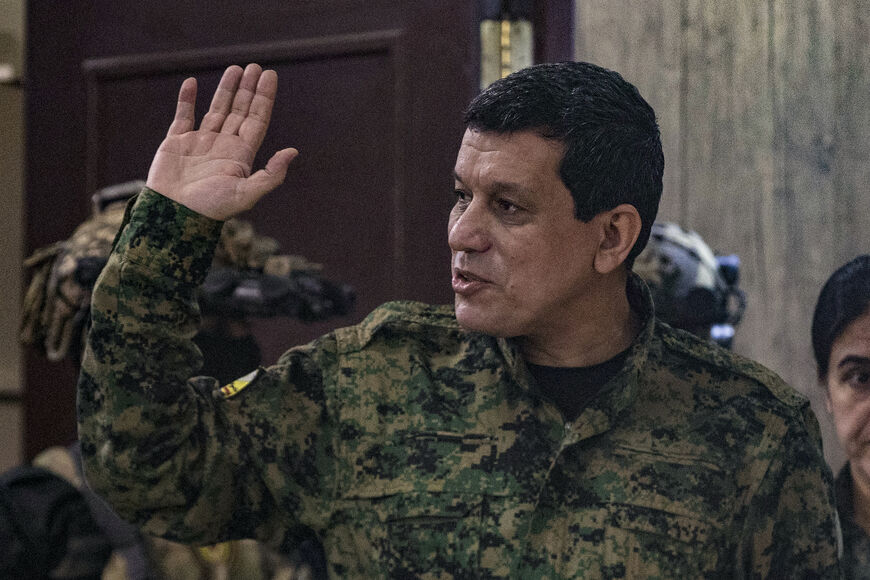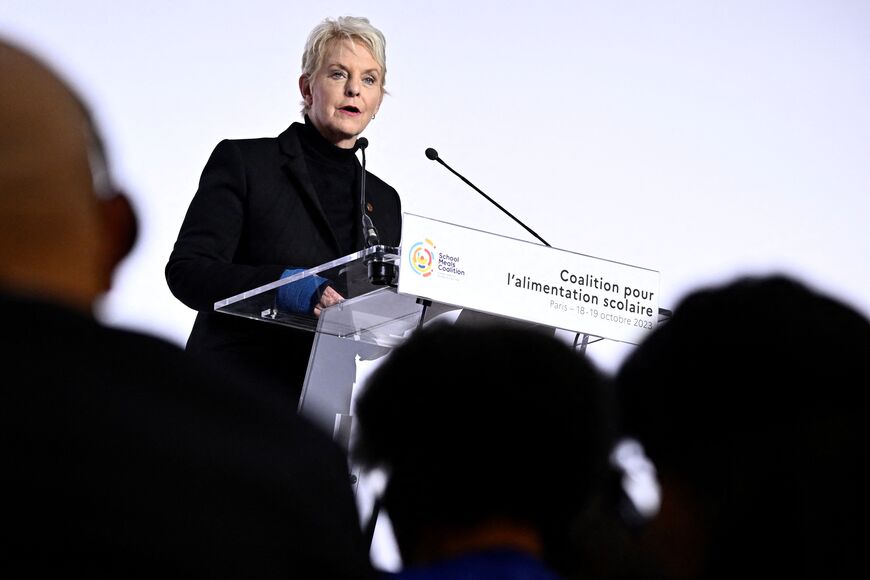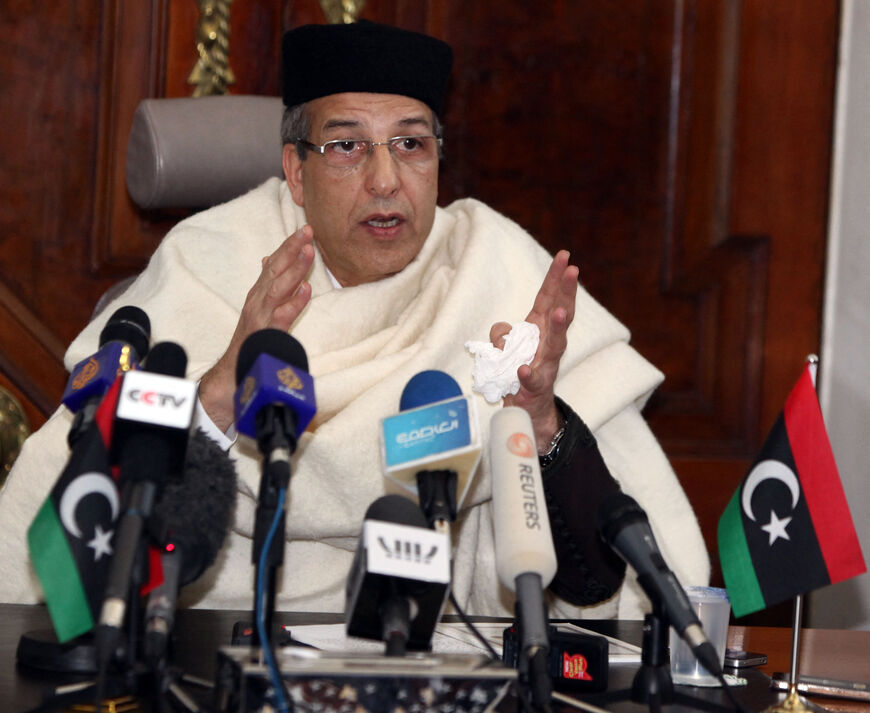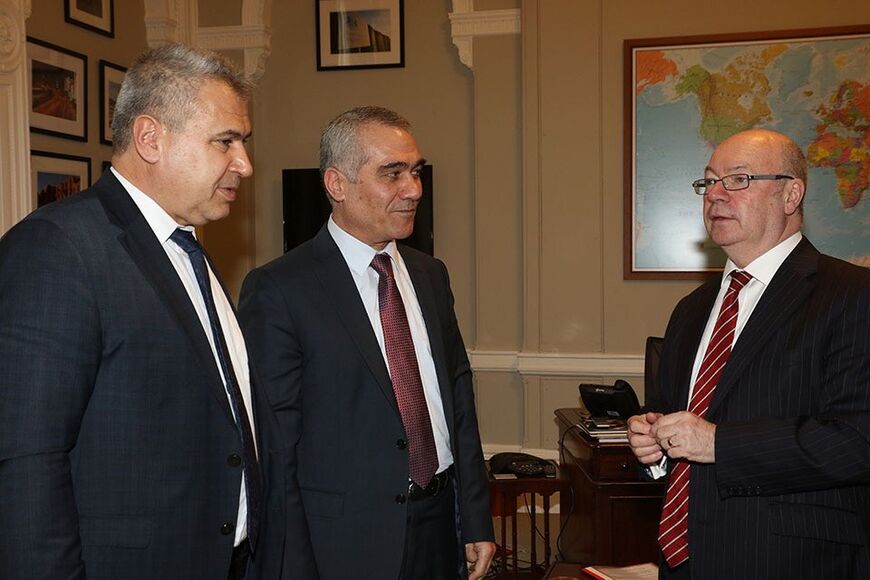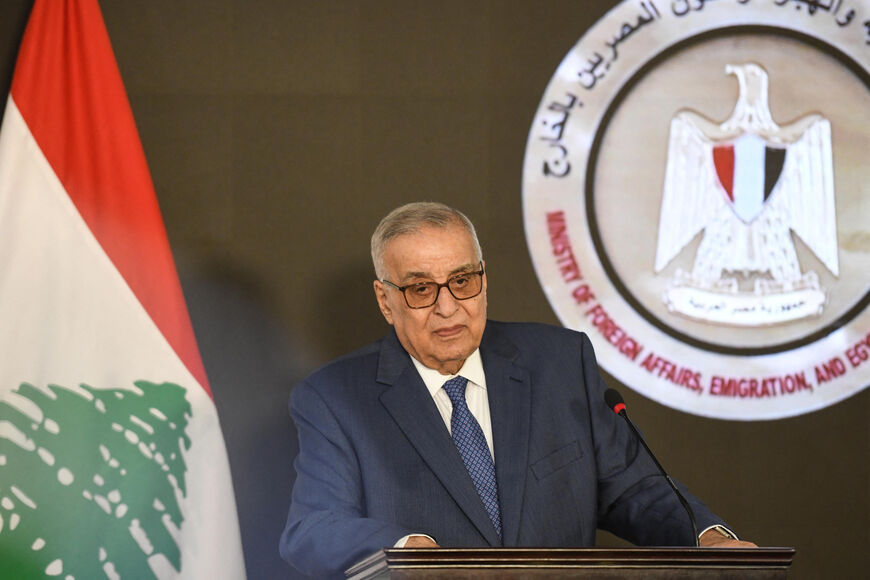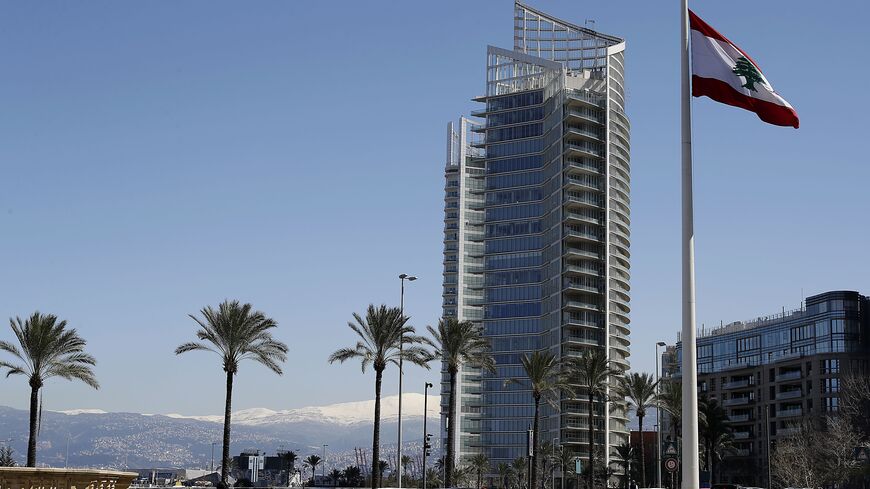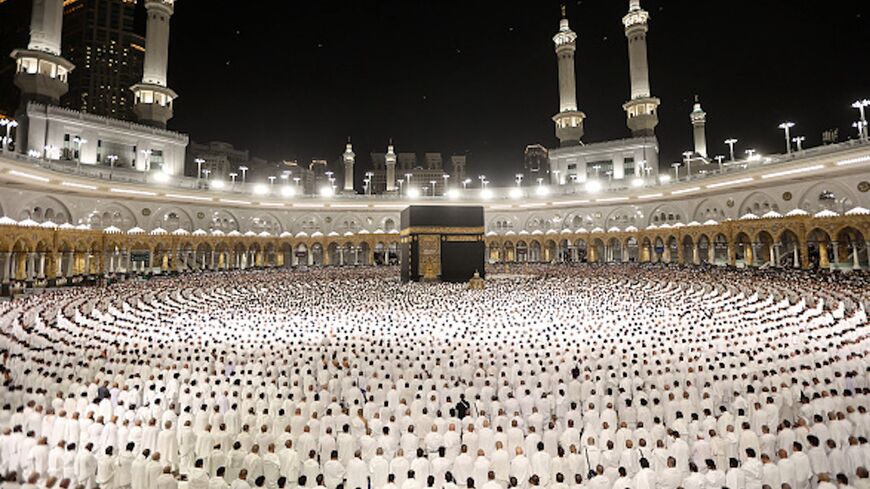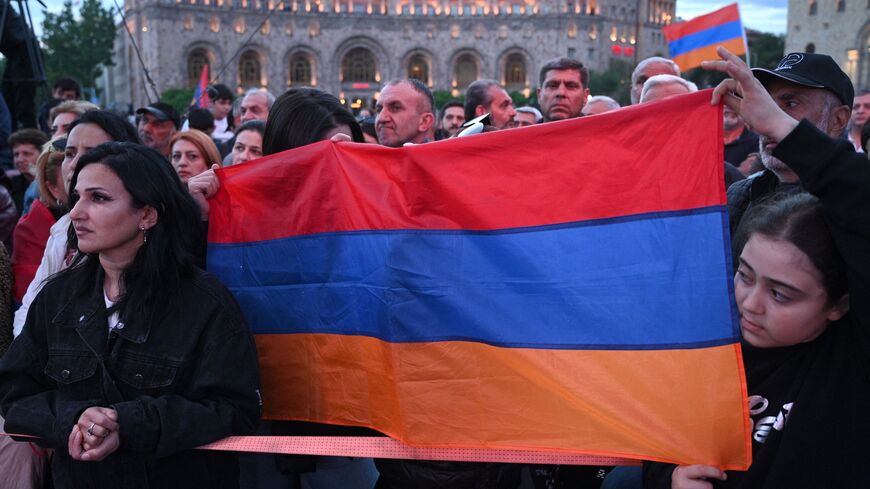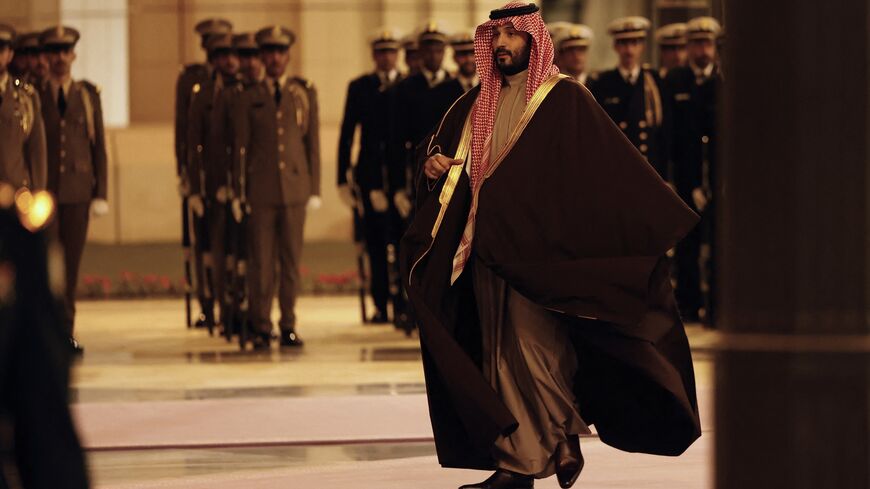Al-Monitor's top 10 most-read articles, interviews of 2024
From Assad's fall in Syria to Israel's wars in Lebanon and Gaza, Al-Monitor remains committed to bringing you unparalleled, independent coverage of the region, engaging with all voices to bring you the full story.
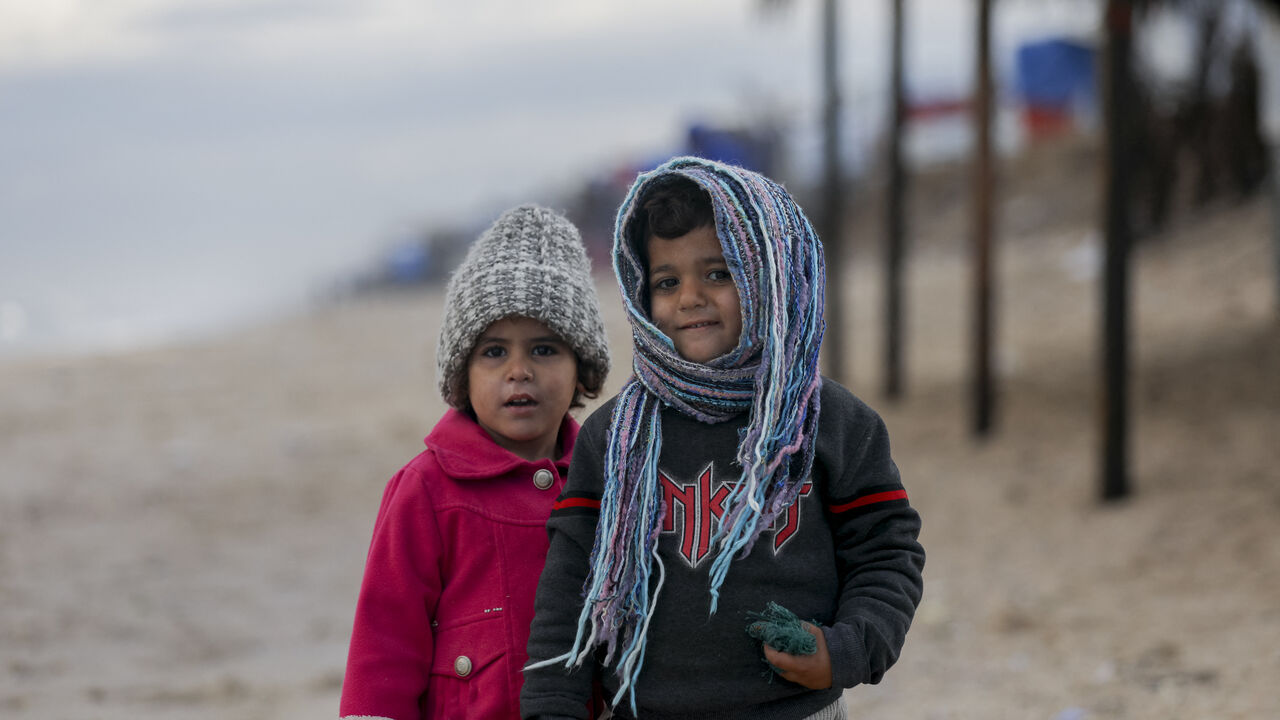
The Middle East experienced sweeping change in 2024. In Syria, the fall of Bashar al-Assad brought an end to decades of autocratic rule and left questions surrounding the country’s reconstruction process. Israel’s invasion of Lebanon, while simultaneously waging war in Gaza, triggered a new wave of conflict, displacing over a million and drawing global attention. Meanwhile, Gulf states — namely the United Arab Emirates and Saudi Arabia — continue to expand their footprint as financial hubs of the region. Amid an eventful year in the region, Al-Monitor has covered it all, from the Kurdish perspective in Syria regarding Assad's fall to the implications of a Trump presidency on the region and more.
Thanks to your readership, we will continue to bring you the most independent coverage of the Middle East.
Below, Al-Monitor has compiled its top stories of 2024:
Just one day ahead of Israel’s retaliatory strike on Iran, a squadron of US F-16s arrived in the Middle East from Germany, Rosaleen Carroll reported. Israel’s attack, which came in three waves on Oct. 26, ended up being the largest attack on Iran since the Iran-Iraq War. The strike targeted Iranian military sites, an unmanned aerial vehicle (UAV) factory and missile production facilities.
An Al-Monitor exclusive by Gabrielle Debinski and Tyler Huffman revealed that Israel’s pager attack against Hezbollah in September was pushed forward after Israel gathered intelligence that two members of the group found out that the pagers were compromised.
Before November’s US presidential election, which resulted in the victory of Republican nominee Donald Trump, informal polling in Gaza by Rasha Abou Jalal indicated that Palestinians favored the Democratic nominee, Vice President Kamala Harris.
Organizers of a group of US federal government employees spoke to Al-Monitor's Joyce Karam and Elizabeth Hagedorn about their planned walkout in January over the Biden administration’s handling of the war in Gaza. Employees from more than two dozen federal agencies participated in a “Day of Mourning” on Jan. 16, which marked 100 days of Israel’s war in Gaza.
As ties between Washington and Ankara improved, the US offered Turkey reentry to the F-35 consortium, but only if it gives up its Russian S-400 systems. Barin Kayaoglu wrote in his analysis that Ankara remains cautious — its decision hinges on balancing ties with Russia, advancing its defense industry, and securing credible US incentives like lifted sanctions and defense collaboration.
In July, now-US President-elect Donald Trump announced his pick for vice president, Ohio Sen. JD Vance. Al-Monitor's Adam Lucente took a look at Vance’s foreign and Middle East policy, which is markedly “America First” yet includes staunch support for Israel and backing of normalization with Arab states.
Al-Monitor's Amberin Zaman followed closely Syria’s Kurds throughout the recent upheaval in Syria, which saw the toppling of Bashar al-Assad. Turkish-backed Sunni factions in Syria have created new realities on the ground for the country’s Kurds, who have since 2012 administered the northeast and eastern parts of the country.
The United Arab Emirates' Abu Dhabi National Oil Company and British energy giant BP announced the formation of a new joint venture in Egypt, Jack Dutton reported. The announcement came as Egypt attempted to recover from a severe economic crisis.
Three sources told Al-Monitor's Amberin Zaman that exploratory talks for a possible resumption of actual negotiations between the government and Abdullah Ocalan, the imprisoned leader of the Kurdistan Workers Party (PKK), were underway. The resumption marks the first real movement after a more than 10-year hiatus.
Amid Israel’s ongoing war in Gaza, US corporate giants including Starbucks, McDonald's and KFC saw the boycotts over the Gaza war affect their businesses, with lower than expected financial performances and the shuttering of scores of franchises, Jack Dutton reported.
Al-Monitor's top interviews of 2024
In an exclusive interview with Al-Monitor's Amberin Zaman, commander in chief of the US-backed Syrian Democratic Forces Mazlum Kobane denied PKK assailants who attacked a defense complex in Ankara had come from northeastern Syria.
“When we heard those accusations, we instantly launched an investigation — and I can assure you that those claims are utterly baseless. The assailants did not enter Turkey from Rojava, and we have absolutely no connection to the attack or with the individuals who carried it out.”
Speaking with Al-Monitor's Elizabeth Hagedorn, World Food Program chief Cindy McCain said that a pause in Israeli combat operations along a designated route in the Gaza Strip had not made a difference in the WFP’s ability to deliver humanitarian aid.
“We haven't been able to get in … we've had to reroute some of our trucks. They've been looted. As you know, we've been shot at and we've been rocketed. So as far as we can tell, there's no difference at all.”
Libya’s Central Bank Governor Sadiq al-Kabir, forced to flee the country amid a crisis resulting from attacks by armed militias, spoke with Al-Monitor's Jack Dutton about the economic situation in the country, which Kabir called “very dire.”
“Due to the threats, my team and I were forced to flee to outside of Libya, and we are now in Istanbul. We will remain abroad until the situation is resolved and we receive guarantees of a safe return to our offices.”
Amberin Zaman’s interview with Syria’s Kurdish National Council President Sleiman Oso and senior KNC official Kamiran Haco revealed that the group was still open to dialogue with their chief rival, the Democratic Unity Party.
“We have the best opportunity for resuming negotiations and achieving unity [that has] presented itself in a long time,” Haco said.
In an exclusive interview with Al-Monitor's Andrew Parasiliti, Lebanon's Foreign Minister Abdallah Bou Habib said that security along Lebanon’s border with Israel ultimately depends on a strong Lebanese army and an agreement between the two sides — not war.
“An Israeli invasion of Lebanon is going to be a regional war. … You’re going to get the involvement of all Hezbollah’s allies.”



